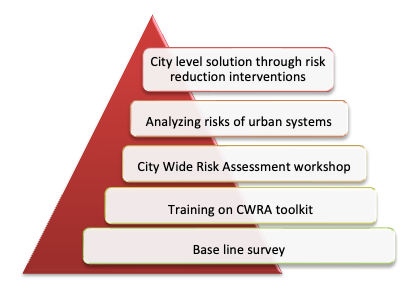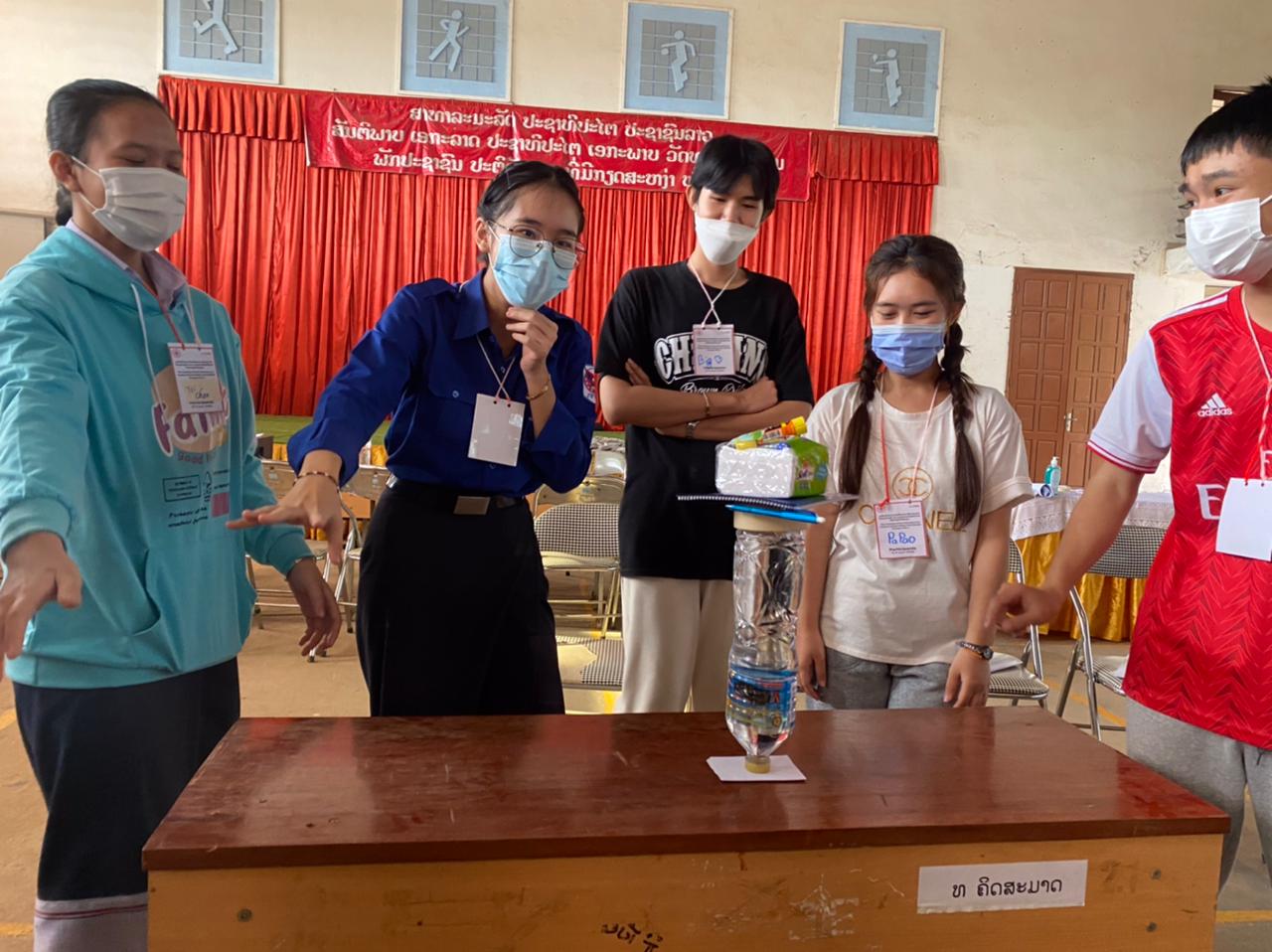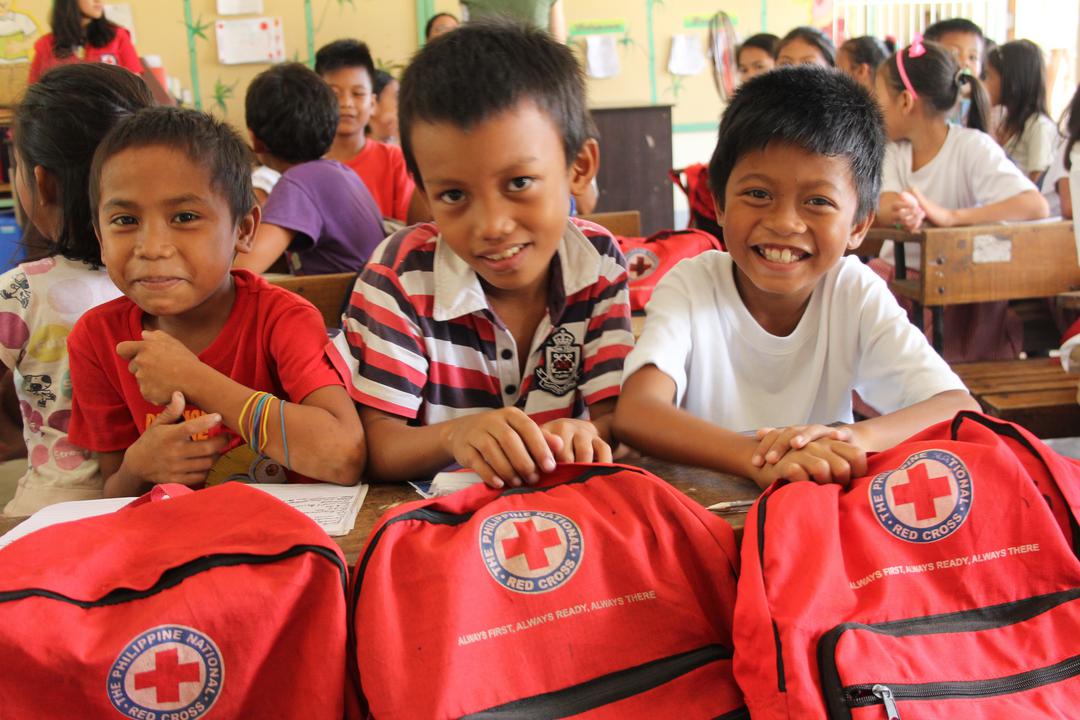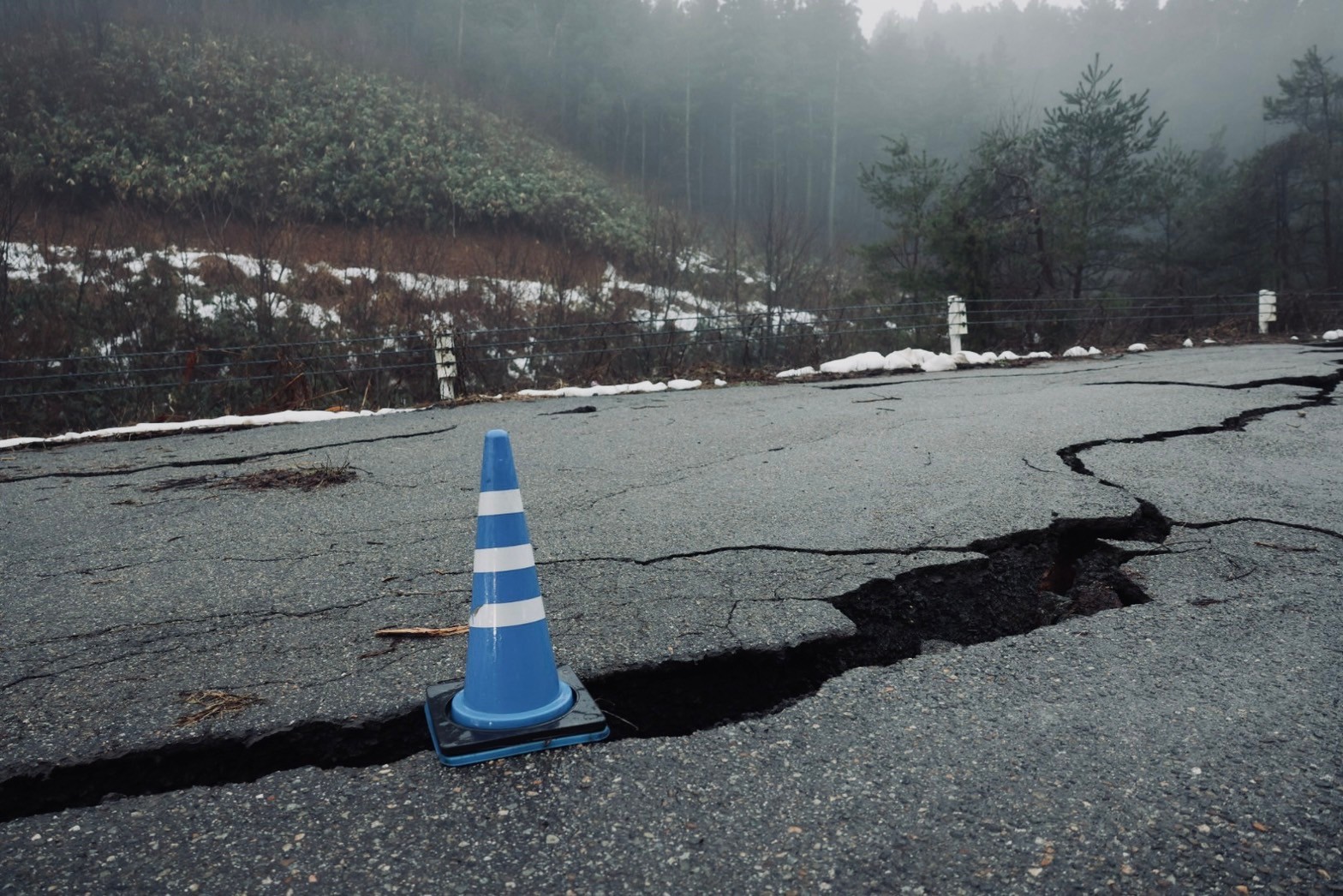City-Wide Risk Assessment: A system Centric Approach for Building Resilient Coastal Cities in Bangladesh
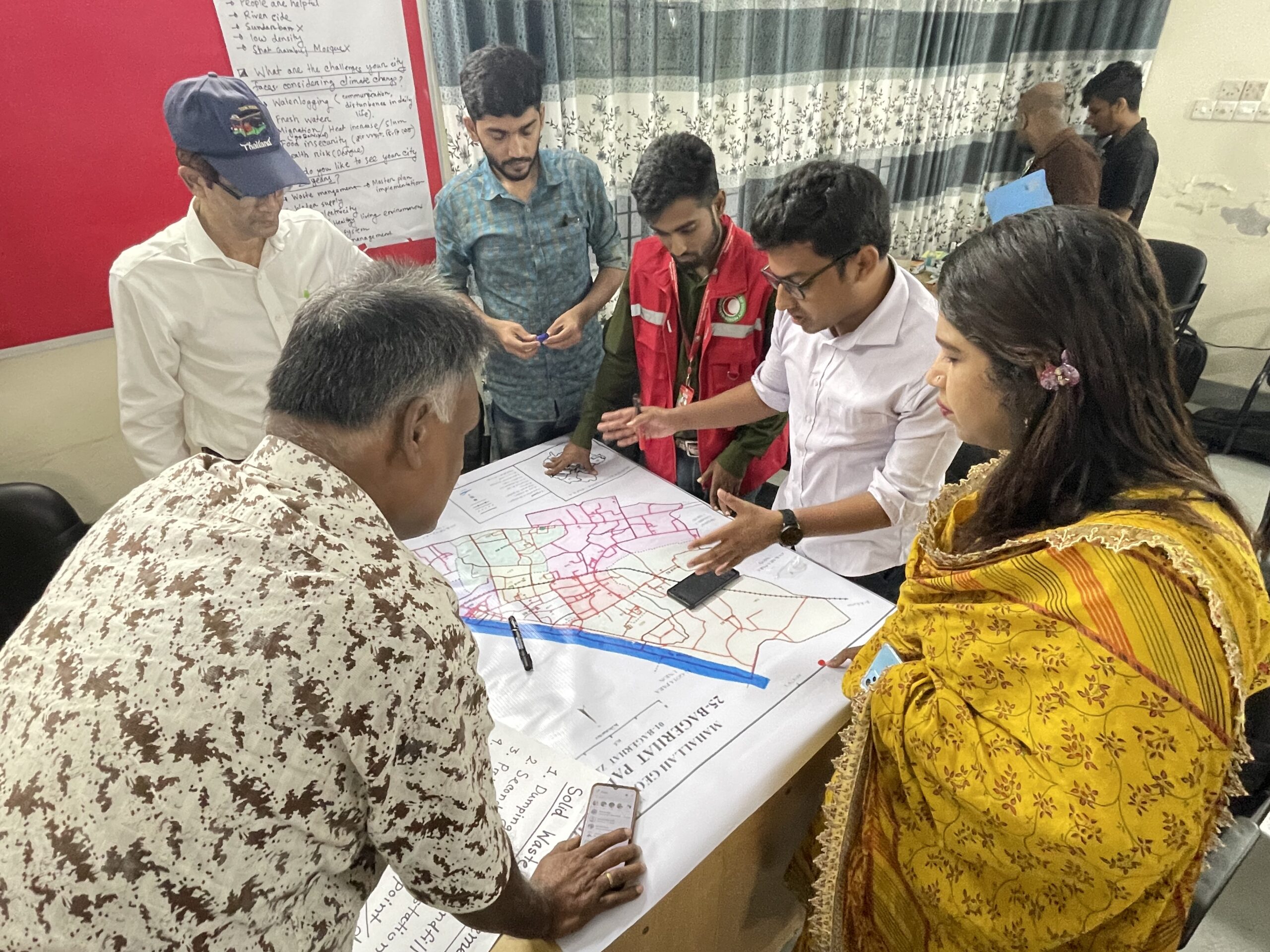
Bangladesh’s southern coast faces frequent extreme weather events like cyclones, tidal surges, tsunamis, floods. Climate-induced risks disrupt the functioning of the core city systems and are exacerbated by rapid and unplanned growth of the city with inflow of people from rural areas due to a variety of reasons. The Coastal City Resilience Project (CoCHAP) implementing in Bagerhat and Satkhira Municipality, Bangladesh brought together city stakeholders to identify climate change risk, map their impact on the city system and entry points for building city resilience through the City Wide Risk Assessment (CWRA).
This project was commenced with a baseline study to develop city profiles conducted by Bangladesh Red Crescent Society (BDRCS). Following that, core facilitators training was organized to orient municipalities and the BDRCS branch staff and volunteers for better understanding on the city-wide risk assessment tool. Afterwards, CWRA workshops were arranged in Bagerhat and Satkhira city in September 2023, with participants representing city mayor, ward councilors, urban local govt, development partners, service providers, teachers, Bangladesh Red Crescent Society etc. Key areas such as shortage of potable water supply, encroachment of water bodies, poor solid waste management, inadequate drainage and road infrastructure, unplanned informal settlements were emerged as focal points for intervention through a series of exercises and discussions among participants.
To enrich the information from these CWRA workshops, an external consultant team was further engaged to support municipality teams & BDRCS analyzing city profiles and workshop reports for bridging gaps through desk reviews, field visits to each city and conducting interviews with key stakeholders.
The collaborative process has resulted in the refinement of comprehensive City-Wide Risk Assessment (CWRA) reports, analyzing vulnerabilities across various city systems and the most affected pockets across the municipal areas. The findings of the assessment will help to conduct further risk perception study in project locations, arrange dialogue among city stakeholders on the findings and develop city level solutions collaboratively with municipality, private sectors, academicians, and the local community considering climate induced risk.
